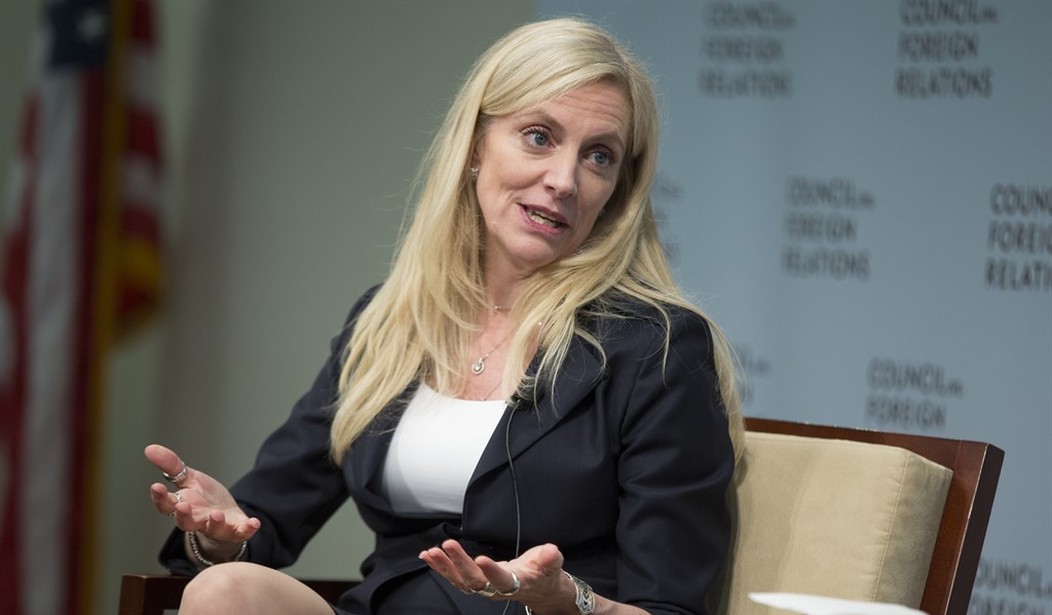The Associated Press took a look at the meeting minutes from a Fed policy meeting that took place last month. The consensus at the meeting was that the next series of rate hikes would be more aggressive to combat inflation.
In minutes from their policy meeting three weeks ago released Wednesday, Fed officials said that aggressive half-point rate hikes, rather than traditional quarter-point increases — “could be appropriate” multiple times this year. At last month’s meeting, many of the Fed policymakers favored a half-point increase, the minutes said, but held off because of the uncertainties created by Russia’s invasion of Ukraine. Instead, the Fed raised its key short-term rate by a quarter-point and signaled that it planned to continue raising rates well into next year…
Many economists have said they worry that the Fed has waited too long to begin raising rates and that the policymakers might end up responding so aggressively as to trigger a recession.
Chair Jerome Powell opened the door two weeks ago to increasing rates by as much as a half-point at upcoming meetings, rather than by a traditional quarter-point. The Fed hasn’t carried out any half-point rate increases since 2000. Lael Brainard, a key member of the Fed’s Board of Governors, and other officials have also made clear that such sharp increases are possible. Most economists now expect the Fed to raise rates by a half-point at both its May and June meetings.
Fed governor Lael Brainard (pictured above) and San Francisco Fed President Mary Daly are considered “doves,” meaning they generally favor lower interest rates. But both Brainard and Daly made comments Tuesday about the “paramount importance” of raising rates to get inflation under control.
“It is of paramount importance to get inflation down,” Brainard said during a Minneapolis Fed webinar. The Federal Open Market Committee, which sets interest rates, “will continue tightening monetary policy methodically through a series of interest rate increases and by starting to reduce the balance sheet at a rapid pace as soon as our May meeting.”…
Later in the day, Daly said inflation running at a 40-year high “is as harmful as not having a job.” Speaking to the Native American Finance Officers Association, she assured the group that the Fed is on the case…
Raising rates “is what is necessary to ensure that again, [you] go to bed at night, you’re not worrying about whether prices will be higher, considerably higher tomorrow,” Daly added…
What made the two officials’ comments more striking is that they are considered to be in the camp of Fed “doves” — meaning that they usually favor low rates and less restrictive policies. That they both see a rather urgent need to tighten underscores how seriously the Fed is taking the threat.
Today, Brainard and Daly were joined by Philadelphia Fed President Patrick Harker:
“Inflation is running far too high, and I am acutely concerned about this,” Harker told the Delaware State Chamber of Commerce.
“The bottom line is that generous fiscal policies, supply chain disruptions and accommodative monetary policy have pushed inflation far higher than I — and my colleagues on the [Federal Open Market Committee] — are comfortable with,” he said. “I’m also worried that inflation expectations could become unmoored.”
So where will this go? The expectation now is that the Fed will issue at least three half-point rate hikes this year. But various stories suggest the overall rate could go as high as 2.5% or 3% depending on whether or not inflation moderates or not. Still those numbers are well below the 4-5% that Larry Summers thinks are necessary. Summers recently told Ezra Klein, “I don’t think we’re going to avoid and bring down the rate of inflation until we get to positive real interest rates. And I don’t think we’re going to get to positive real interest rates without, over the next couple of years, getting interest rates north of 4 percent.”
The big question is whether rates high enough to tame inflation could also bring on a recession. Yesterday Deutsche Bank became the first major bank to predict a recession.
The Federal Reserve’s fight against inflation will spark a recession in the United States that begins late next year, Deutsche Bank warned on Tuesday.
The recession call — the first from a major bank — reflects growing concern that the Fed will hit the brakes on the economy so hard that it will inadvertently end the recovery that began just two years ago.
An online survey of US adults found that 81% said they were concerned about a recession.








Join the conversation as a VIP Member